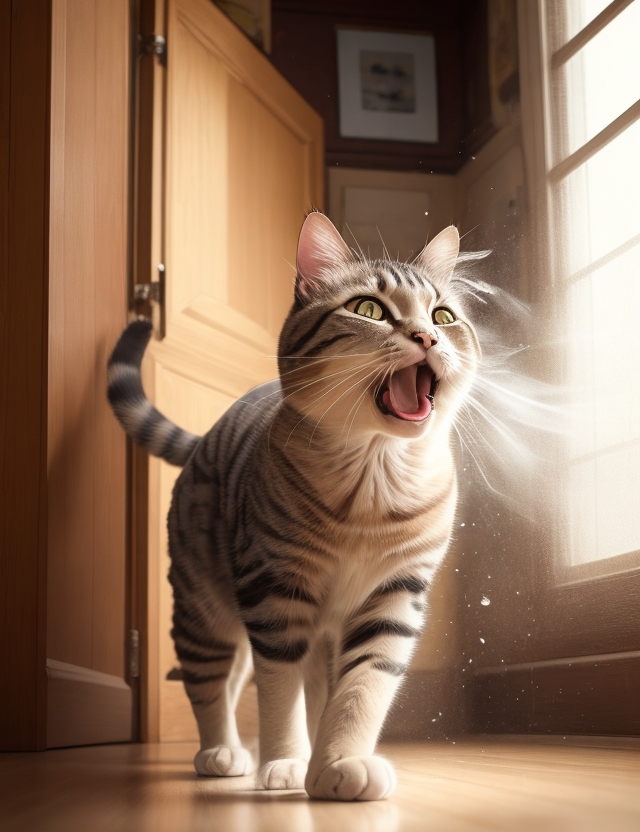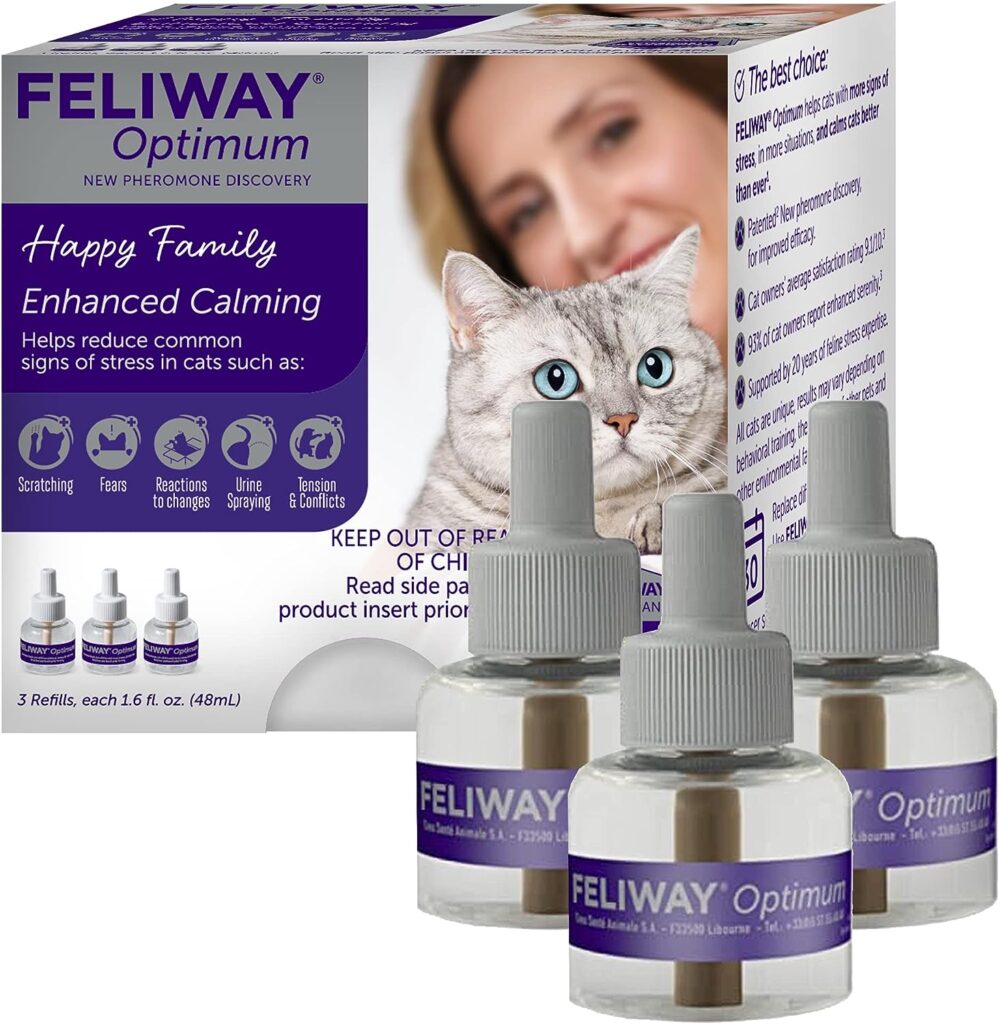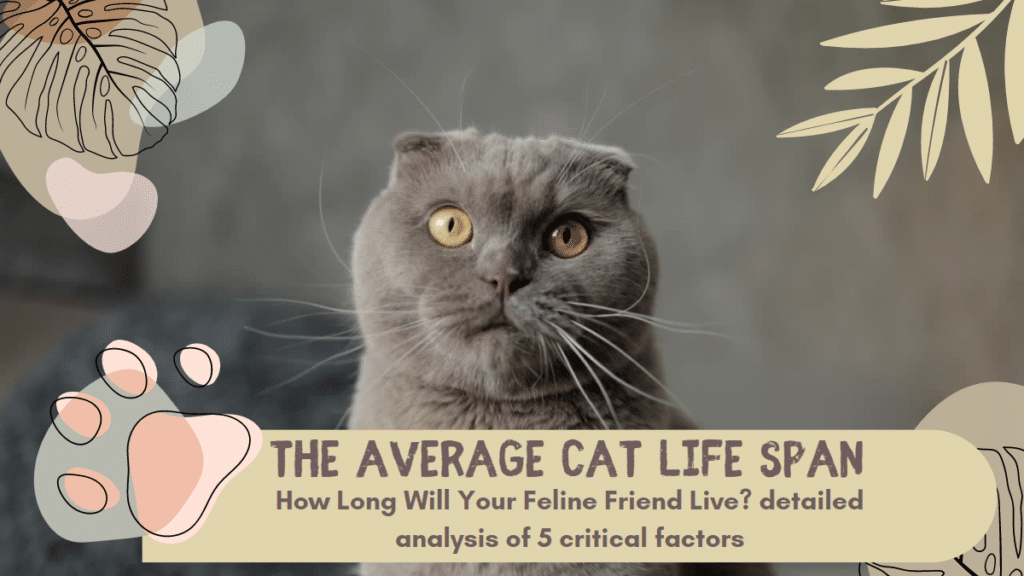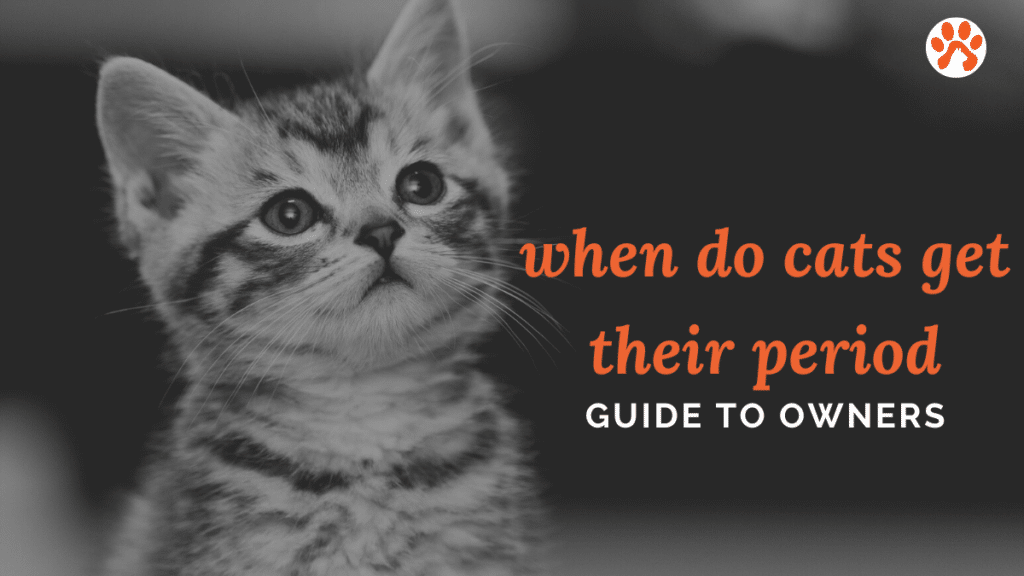Introduction:
Why Is My Cat Sneezing? Cats, our delightful and sometimes mysterious companions, can sometimes leave us scratching our heads when they start sneezing. If you’ve found yourself asking, “Why is my cat sneezing?” you’re not alone. While an occasional sneeze might not be cause for concern, persistent sneezing could indicate an underlying issue. In this comprehensive guide, we’ll delve into the various reasons behind cat sneezing, ranging from allergies to infections, and provide you with actionable steps to support your furry friend’s health and comfort.
Why Is My Cat Sneezing?
Sneezing in cats can be attributed to a variety of factors, some of which are perfectly normal, while others might require closer attention. Let’s explore the common causes behind cat sneezing:
1. Allergies:
Just like humans, cats can be allergic to various environmental triggers, such as pollen, dust mites, or certain foods. These allergens can lead to sneezing as the body attempts to expel them.
2. Respiratory Infections:
Cat colds, also known as upper respiratory infections, are often caused by viruses like feline herpesvirus or calicivirus. Sneezing, along with other symptoms like runny nose and watery eyes, is a common sign of these infections.
3. Foreign Objects:
Curious cats might inadvertently inhale small foreign objects, like dust, grass, or even a piece of a toy. This can irritate their nasal passages and trigger sneezing.
4. Dental Issues:
Believe it or not, dental problems can sometimes lead to sneezing in cats. Tooth root abscesses or gum infections can create pressure in the nasal passages, causing sneezing.
5. Irritants:
Strong odors, smoke, or cleaning products with strong chemicals can irritate your cat’s sensitive nasal passages and result in sneezing.
6. Nasal Polyps:
Though less common, nasal polyps can develop in a cat’s nasal passages, causing sneezing, breathing difficulties, and nasal discharge.

7. Environmental Changes:
Moving to a new home, introducing new pets, or changes in the household environment can cause stress and potentially trigger sneezing.
8. Dental Issues:
Believe it or not, dental problems can sometimes lead to sneezing in cats. Tooth root abscesses or gum infections can create pressure in the nasal passages, causing sneezing.
9. Infectious Diseases:
Certain infectious diseases, such as feline leukemia virus (FeLV) and feline immunodeficiency virus (FIV), can suppress the immune system and make cats more susceptible to sneezing.
How to Help Your Sneezing Cat
Seeing your beloved cat sneeze can be concerning, but there are steps you can take to address the issue and provide relief:
1. Monitor Their Symptoms:
Keep a close eye on your cat’s sneezing frequency and accompanying symptoms. If sneezing is persistent or worsening, consult a veterinarian.
2. Create a Clean Environment:
Minimize potential irritants by keeping your home clean and well-ventilated. Regularly dust, vacuum, and avoid strong scents.
3. Ensure Hydration:
Encourage your cat to drink water to stay hydrated, as it can help alleviate some symptoms of sneezing.
4. Maintain Dental Health:
Regular dental care can prevent tooth and gum issues that might contribute to sneezing.
5. Visit the Veterinarian:
If your cat’s sneezing is accompanied by other concerning symptoms, such as nasal discharge, lethargy, or loss of appetite, schedule a visit to the vet for a thorough examination.
6. Provide a Calm Environment:
Stress can exacerbate sneezing, so create a calm and comfortable environment for your cat.

FAQs about Cat Sneezing:
Q: why is my cat sneezing so much? A: Frequent sneezing in cats can be due to various reasons including respiratory infections, allergies, environmental irritants, foreign objects, nasal polyps, dental issues, calicivirus, feline herpesvirus, or even stress. If accompanied by other concerning symptoms like lethargy, loss of appetite, labored breathing, or severe discharge, it’s important to consult a veterinarian for a proper diagnosis and treatment.
Q: Can my cat’s sneezing be a sign of allergies? A: Yes, cats can develop allergies to various environmental factors, leading to sneezing and other symptoms.
Q: Should I be concerned if my cat sneezes occasionally? A: An occasional sneeze is usually not a cause for concern. However, persistent sneezing or accompanying symptoms should prompt a visit to the vet.
Q: Can I use human cold medicine for my sneezing cat? A: No, never give your cat human medications without consulting a vet. Some medications can be toxic to cats.
Q: Can stress cause my cat to sneeze? A: Yes, stress can weaken the immune system and make cats more susceptible to respiratory issues, including sneezing.
Q: How can I prevent dental issues in my cat? A: Regular dental check-ups and providing dental-friendly treats can help maintain your cat’s oral health.
Q: Is feline leukemia contagious to other cats? A: Yes, feline leukemia is contagious through close contact. Keep infected cats separated from healthy ones.
Conclusion:
As a cat owner, understanding why your furry companion is sneezing is essential for their overall well-being. From allergies to infections, there are various reasons behind cat sneezing, each requiring a unique approach. By being attentive to your cat’s symptoms and providing them with a clean, stress-free environment, you can help them recover and enjoy a healthier, sneeze-free life.
You May Also Like: How Cats Get Rabies:Helpful Informative 5 points Guide

